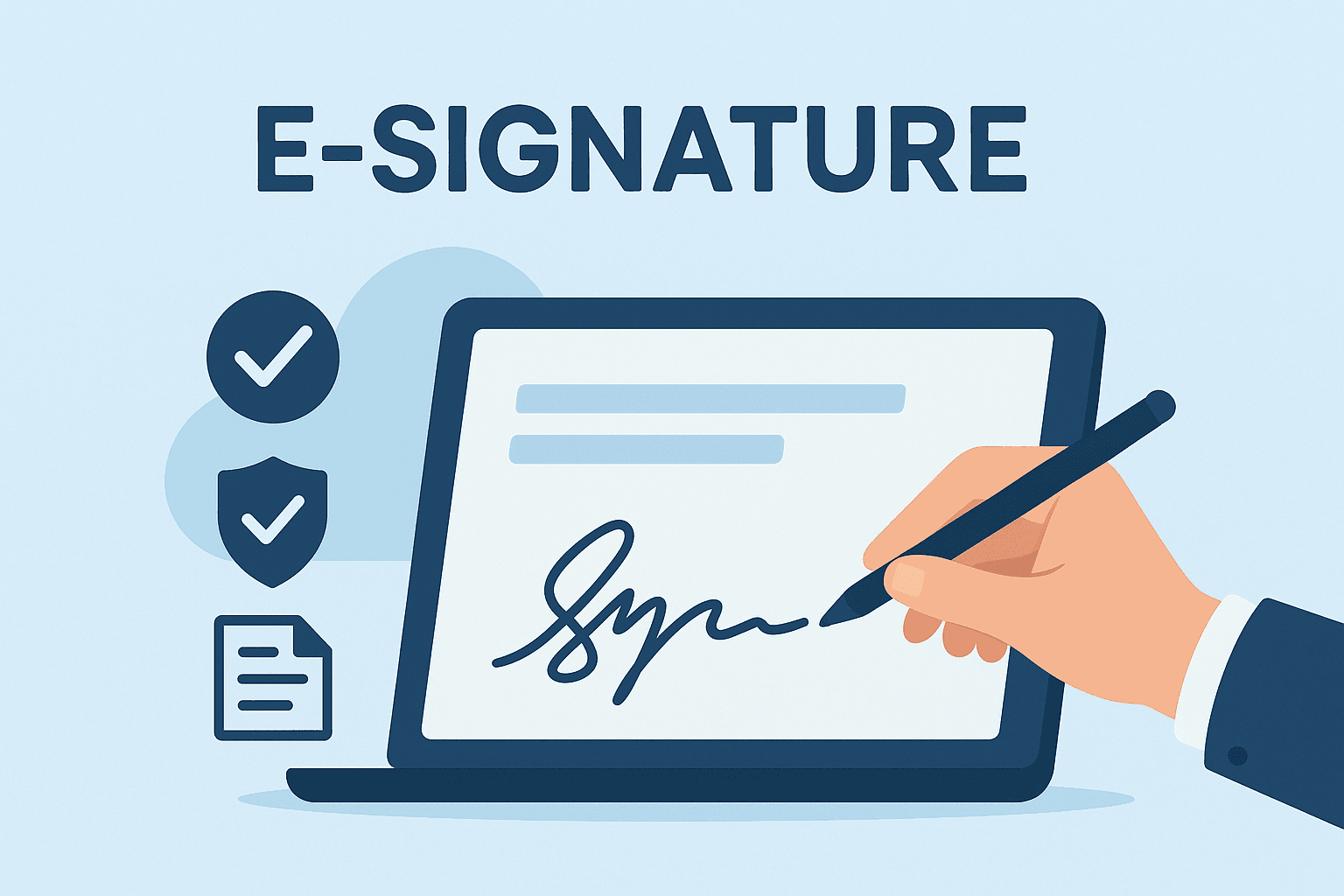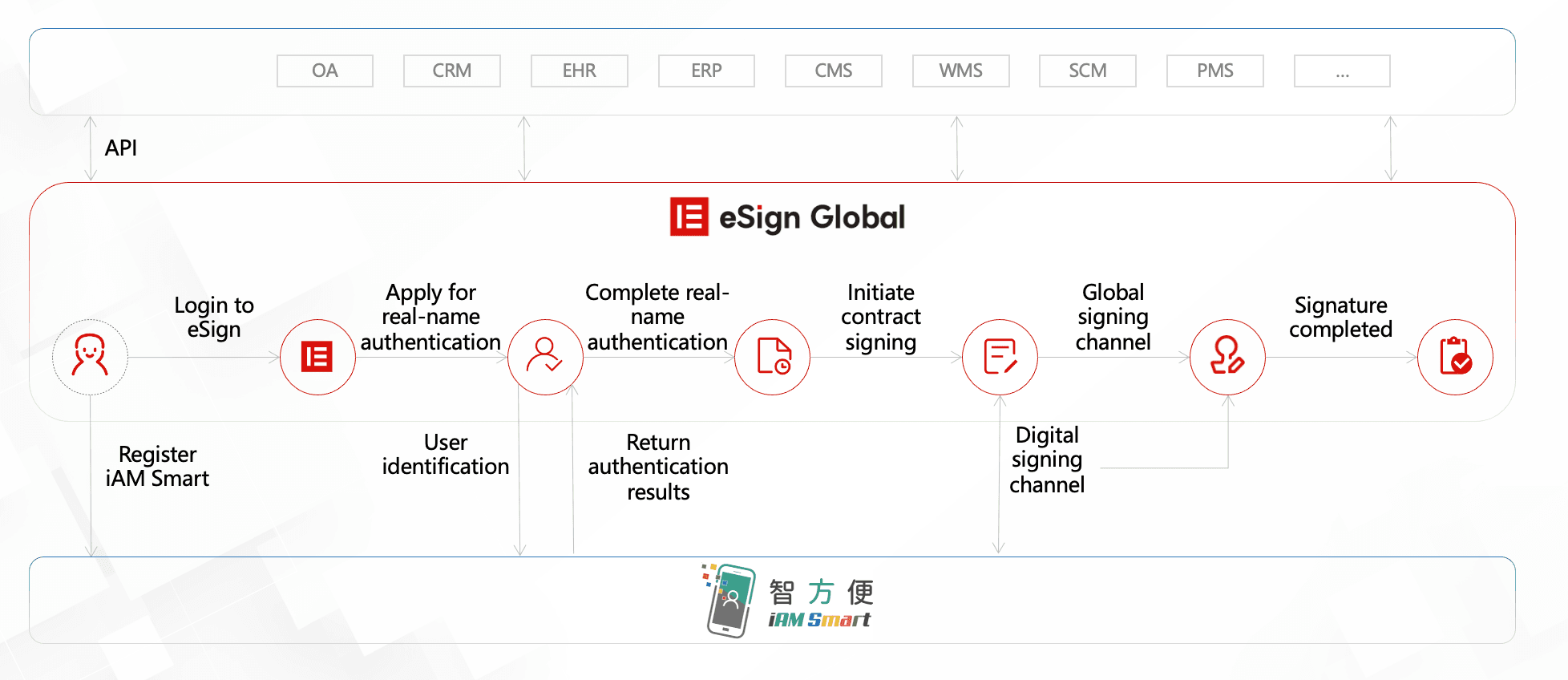What is the maximum validity of DSC?





What is the Maximum Validity of DSC?
In our increasingly digital world, ensuring secure identity verification and maintaining the integrity of electronic transactions has never been more important. A Digital Signature Certificate (DSC) plays a crucial role in this arena, offering strong encryption and assurance of authenticity. But how long can a DSC remain valid? What is the maximum validity of DSC, and what are the jurisdictional variations in places like Hong Kong or Southeast Asia? In this comprehensive guide, we’ll explore the answer to that question, with particular reference to local regulatory frameworks and compliance standards.
Understanding the Core Concept of a Digital Signature Certificate (DSC)
A Digital Signature Certificate (DSC) is a secure digital key issued by a Certifying Authority (CA) to validate and verify the identity of the person holding the certificate. It is used to sign documents digitally, ensuring authenticity, integrity, and non-repudiation. In many regulatory environments, a DSC holds the same legal validity as a handwritten signature.
Businesses use DSCs for various e-governance platforms, filing income taxes, signing contracts, or accessing secured company databases. Authentication via a DSC helps to mitigate fraud, boost process efficiency, and align with global compliance norms.

The Maximum Validity of DSC
Now, to directly answer the question: “What is the maximum validity of DSC?” — the maximum validity of a Digital Signature Certificate is generally three years from the date of issuance.
This period can vary slightly depending on local regulations and certificate types, but under most national guidelines — including those issued under India’s Information Technology Act, Hong Kong’s Electronic Transactions Ordinance (Cap. 553), or Singapore’s Electronic Transactions Act — the maximum validity allowed for a DSC does not typically exceed three (3) years.
Typical validity options available when applying for a DSC:
- One (1) year
- Two (2) years
- Three (3) years (maximum)
After this validity period, the certificate either needs to be renewed through the issuing authority or re-applied for as a new certificate. This expiration is implemented for security reasons to account for technological advancements and evolving threats.
Regulatory Emphasis: Focus on Local Compliance
For example, in Hong Kong, a digital certificate must comply with the Electronic Transactions Ordinance (ETO), which outlines the conditions under which a virtual signature is legally acceptable. The ordinance does not strictly define duration but mandates that all DSCs be issued by a recognized certificate authority (CA) and renew regularly to ensure data integrity and secure transaction practices.
In Malaysia and Singapore, the duration of validity is also limited by regulatory frameworks. The Malaysian Digital Signature Act (DSA) and Singapore’s Electronic Transactions Act stipulate that licensed Certification Authorities must follow best practices, including establishing a validity period that balances usability and cybersecurity.
These legal frameworks help reinforce user confidence while aligning with global standards such as those set by the WebTrust program or the EU’s eIDAS Regulation when dealing with cross-border transactions.

What Happens After DSC Expiration?
Once a DSC expires, the digital key is no longer valid for signing documents, accessing secure portals, or acting as legally acceptable proof of identity. Continuing to use an expired DSC could result in compliance violations or security vulnerabilities.
The steps to renew a DSC are relatively straightforward:
- Submit an application to the same or a new CA.
- Complete required identity verification procedures.
- Choose the desired duration (up to three years).
- Install the new certificate onto your system or signing application.
It is strongly recommended to renew your DSC before the expiration date to avoid disrupted access to essential digital services such as company registration, tax filings, and secure email communication.

Classification of DSC Types and Their Respective Validity
Different classes of DSCs are available, each tailored to specific use cases:
- Class 1 DSC: Basic email verification, often used for individual low-risk operations. Rarely used today due to limited functionality.
- Class 2 DSC: Used for filing personal or professional documents with government bodies; often valid up to 2-3 years.
- Class 3 DSC: Required for e-tendering, legal contracts, or high-value business transactions. Commonly issued with 1 to 3-year validity.
In several jurisdictions, Class 2 certificates are being phased out in favor of more secure Class 3 certificates and GlobalSign-based digital ID frameworks.
Security and Renewal Best Practices
- Always apply for DSC from a licensed and recognized Certifying Authority.
- Store your device (USB token or software-based certificate) in a secured environment.
- Enable password protection or biometric identification (if available) to access your certificate.
- Set calendar reminders for renewal at least 30 days prior to expiration.
- Check regional compliance obligations, especially if you operate across borders in APAC or Europe.
Digital Agreements and Enterprise Adoption in Hong Kong & Southeast Asia
As more businesses shift to digital onboarding, procurement, and contract management workflows, DSCs are becoming a crucial asset. Countries across Southeast Asia — notably Singapore, Malaysia, Vietnam, and Indonesia — are rapidly building frameworks to support secure digitalization. Companies dealing in legal tech, fintech, and regulated industries benefit significantly from deploying certified DSC systems.
In Hong Kong, banks and law firms routinely employ Class 3 Digital Signature Certificates from approved providers to ensure full compliance with local data privacy and transactional security laws.
This is where regional solutions such as eSignGlobal come in — designed as a compliant, secure alternative to traditional U.S.-based e-signature solutions.
Looking for a Regional Compliance Solution?
For Hong Kong and Southeast Asian users looking for a DocuSign alternative with strong data protection laws compatibility and regulatory support, eSignGlobal offers a tailored and legally recognized solution that meets the needs of Asia-based businesses.

Whether you’re a solo entrepreneur filing documents or a corporation executing global contracts, understanding the maximum validity of a DSC — and its regional legal implications — is essential for secure operation in today’s digital economy. From the one-year option to the three-year maximum, proper certificate management can save your organization time, money, and compliance headaches down the road.

 Only business email allowed
Only business email allowed


